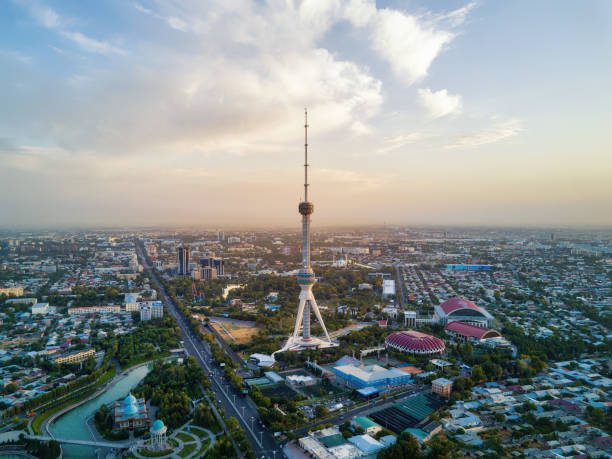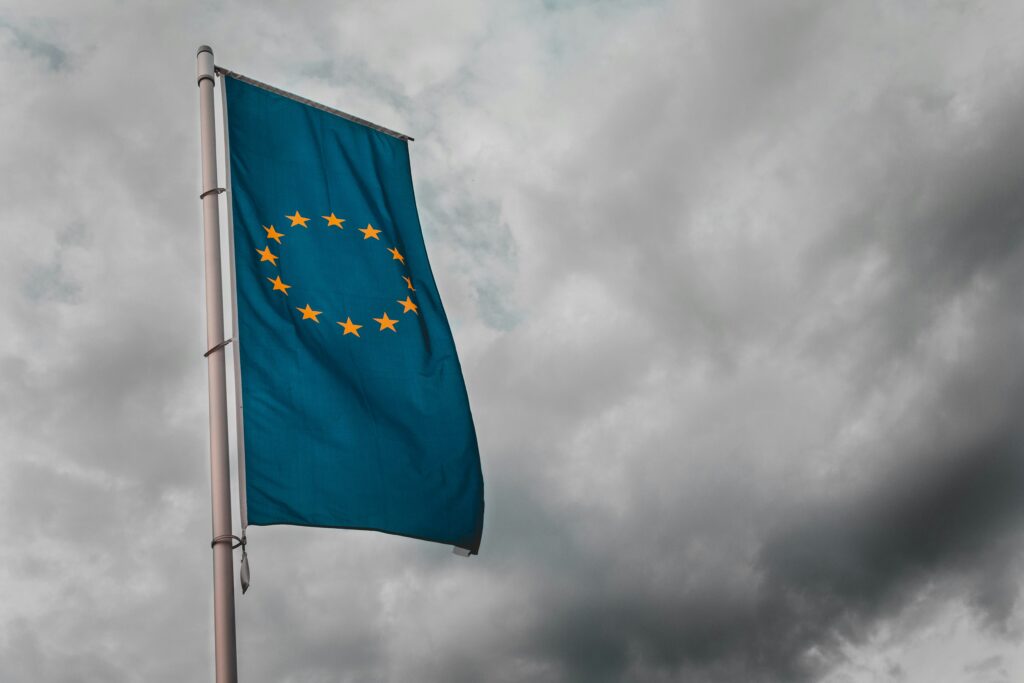Interreg Baltic Sea Region — The Impact of Cross-Border Cooperation
Client
The Interreg Baltic Sea Region (BSR) ProgrammeThe background:
The Interreg Baltic Sea Region (BSR) Programme is the EU-financed initiative to strengthen integrated territorial development and cooperation for a more innovative, better accessible, and sustainable Baltic Sea Region. During the financing period of 2014–2020, the BSR Programme focused on the capacity for innovation, efficient management of natural resources and sustainable transport.
Our team was honoured to evaluate how the Interreg BSR Programme achieved its aims and established impact and how the funded projects met their objectives.
The essence of the project:
Interreg is a tool of the European Union’s cohesion policy, which aims to solve cross-border problems and jointly develop the potential of different territories to be greener, smarter, and better connected. The Programme addresses risks and problems that the state cannot solve alone and in which transnational cooperation is necessary.
Programme co-financed approximately 200 projects in the countries surrounding the Baltic Sea. Each project played a role in making the region more innovative, sustainable, and accessible.
Our analysis shows the Programme has achieved its objectives despite the COVID-19 crisis:
- The institutional capacity has improved since 2020, but the rate of progress could be faster.
- Many organisations prefer to invest their knowledge, time, and funding in technological innovation, and this causes a lack of resources for other types of projects.
- Different target groups require a customised approach to ensure that the project results reach the target groups in the most suitable way.
- There is a need for interventions to be less concentrated in urban, more developed areas and to focus more on the involvement of actors from rural areas.
- “Project platforms” are a valuable tool to emphasise the Programme’s efficiency, and they play a crucial role for public sector partners.
- Bringing together different funding sources made it possible to approach the problems from a wider angle.
- The COVID-19 pandemic has led to restrictions that have forced many activities and communications to move online. On the downside, online collaboration has reduced cohesion, raised the threshold for cooperation, and negatively affected the development of networks with other projects or stakeholders. On the positive side, online dissemination events have helped projects reach new and broader audiences, increasing their visibility.
Services provided:
- Individual expert interviews with policymakers in Baltic Sea countries.
- The online questionnaire to collect input for the performance indicators.
- Large-scale online survey among all the project partners and beneficiaries to get information about the projects´ results.
- Personal and focus group interviews to collect feedback about the Programme‘s outcome and impact.
- The discussion seminar to validate the results and develop recommendations to improve the future Programme’s design and processes.
Intensity of the cooperation across the projects

Results:
The BSR Programme successfully reached its objectives with some unexpected (or not) hindrances. This final report evaluates its progress in achieving the targets set for the result indicators that measure the institutional capacities of the Programme’s target groups.
It offers valuable insights for future programmes in the region.






